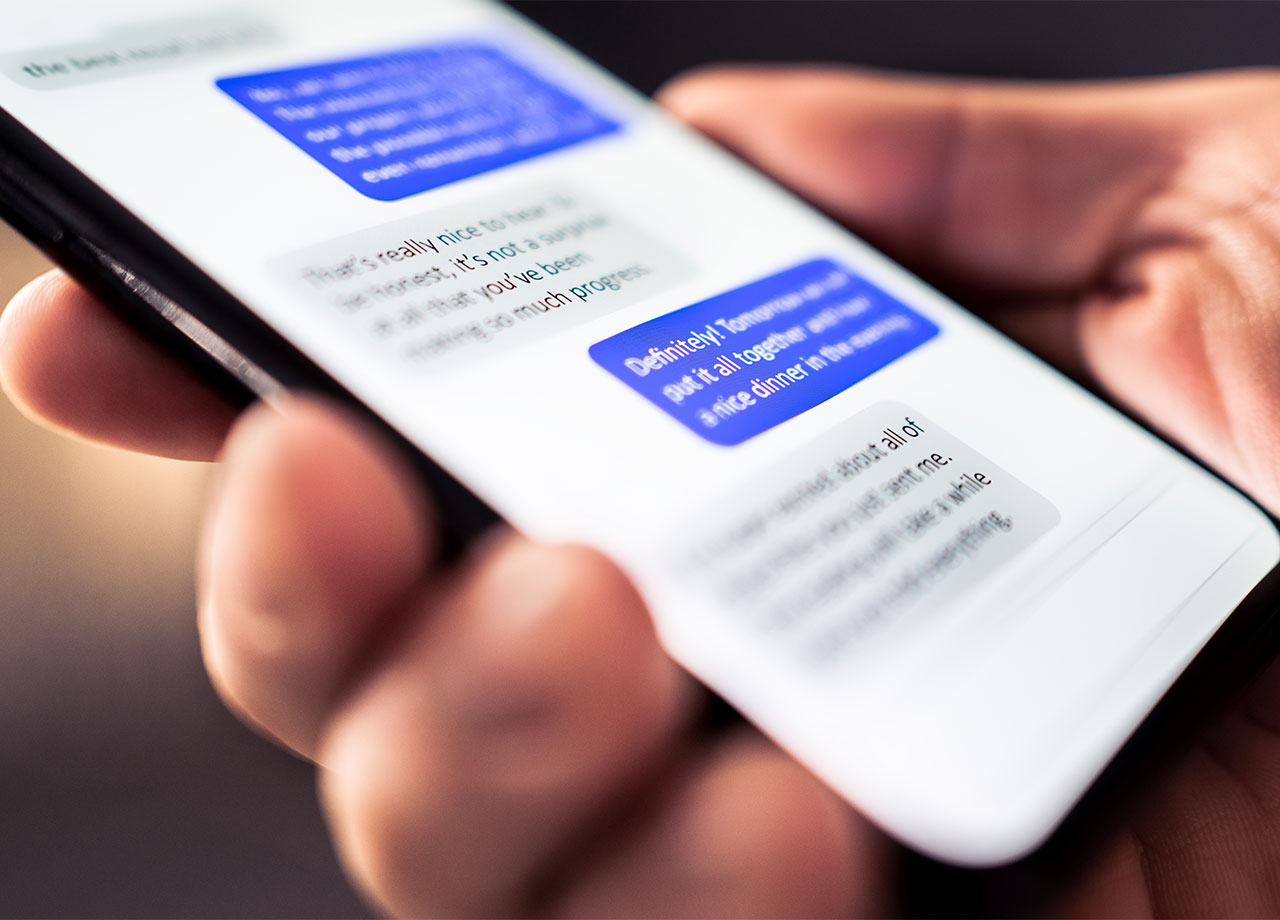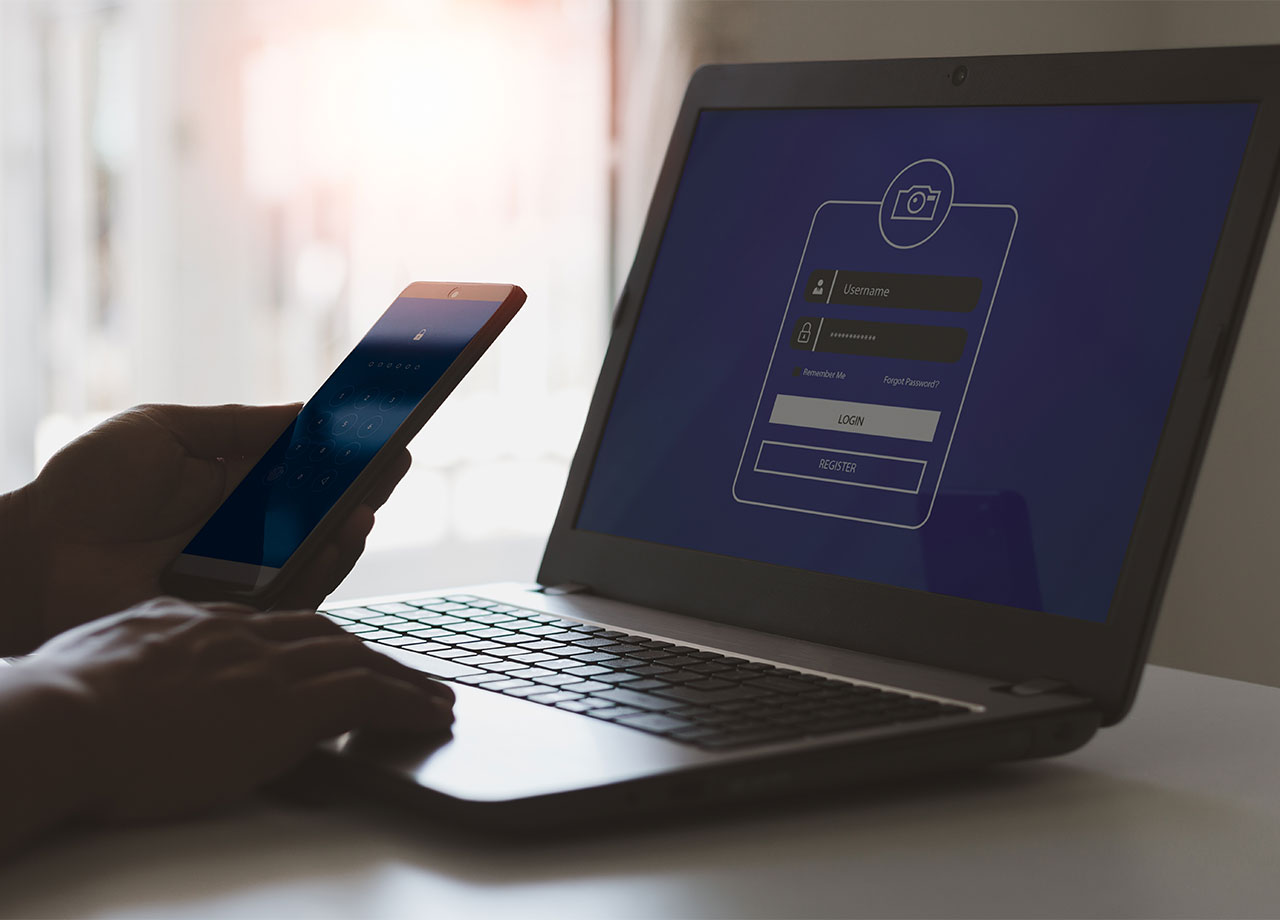Phone scams are big business. The problem is: they work far too often — which is why they keep occurring. If you’ve been receiving your fair share of phone scams and aren’t sure what to do about them, we have you covered. Here are three of the most common phone scams you could be experiencing on your iPhone — how to spot them, fix them, and protect your device (and your personal information).
Unsolicited Calls
How many times have you, against your better judgement, answered a phone number you didn’t recognize, only to discover it’s a scam? The person on the other end may pose as a government agent, or even someone from Apple. These phone calls can be frightening because the caller can make it sound as if you are in some kind of trouble and owe money — and that there could be consequences if you don’t pay.
The first thing you need to do is add your number to the Federal Trade Commission’s Do Not Call Registry list. This may not result in you never getting another spam call, but it could help your device better identify phone callers so that they appear on your phone as potential spam. Then you can make the decision to ignore the call.


Phishing Text Messages
Phishing text messages can appear on your phone as if they’re coming from a friend. You may even wonder if you actually know the sender and just forgot to add them to your contacts list. But here’s how you’ll know it’s a potential scam: the messages will usually be very short and not at all personal. And they could include a link. Whatever you do, don’t click on that link because it could lead to a page that infects your phone with spyware or malware. Report the text to your provider as junk, which you should be able to do when deleting it.

One-Ring Calls
Another type of common phone scam is the one-ring call. This is when someone calls you but only lets it ring once. Naturally, you likely won’t have time to answer it right away, but you may become curious and look up the sender’s number. You may even be tempted to call the sender back to find out who they are and what they wanted. Don’t make that call. These can be attempts to get you to call long distance hotlines that have major connection fees.
And never, ever provide your personal information over the phone — not your social security number and not your credit card number — unless you are 100 percent sure you know who is on the other line.


























